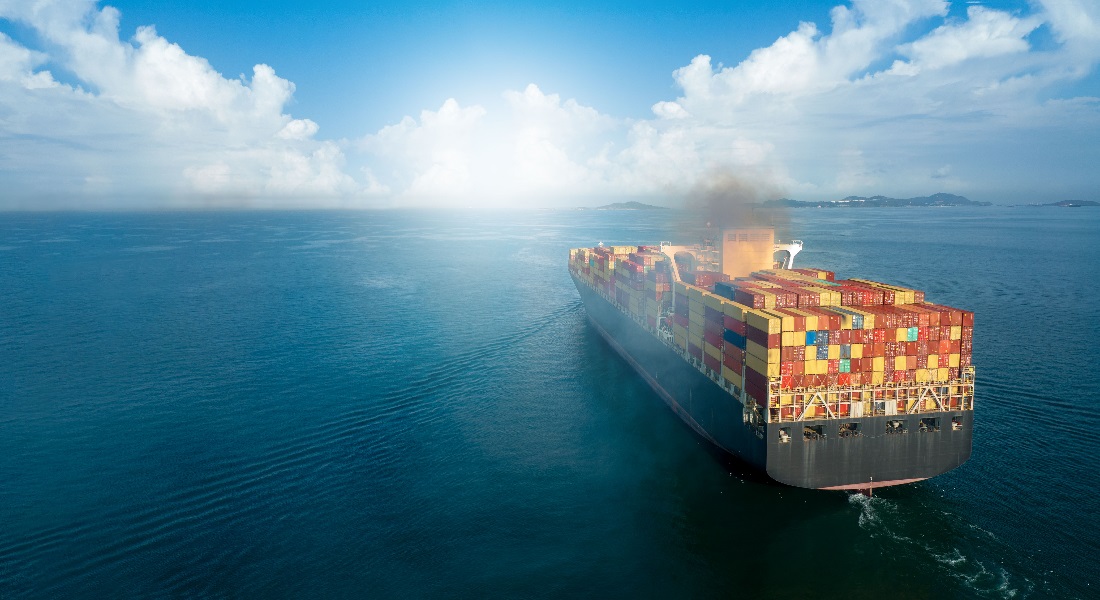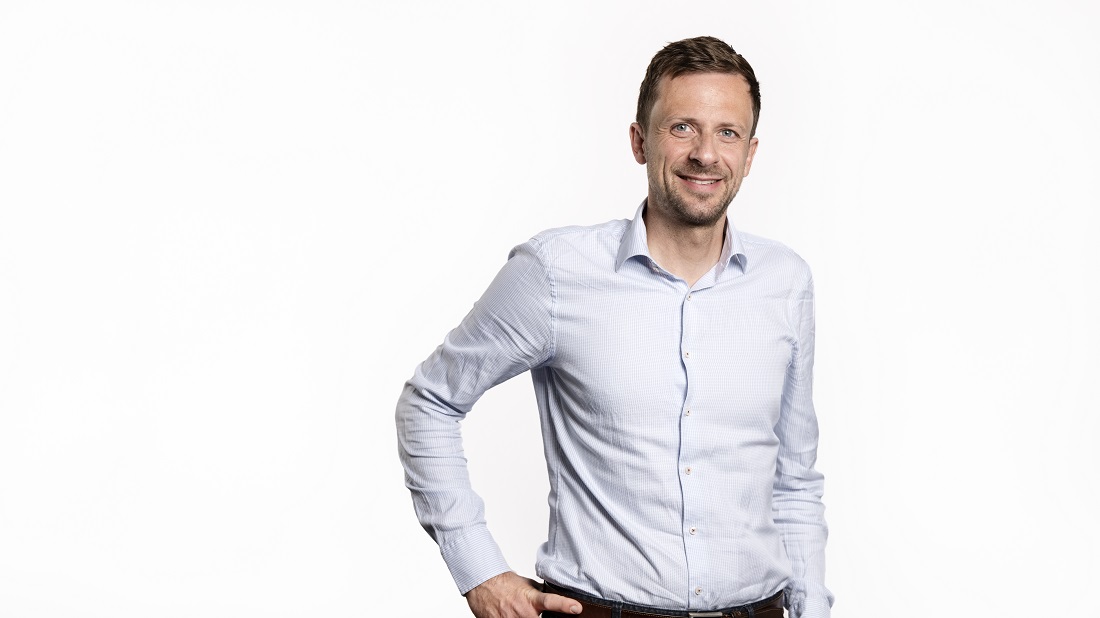Researchers on UN Maritime Organization: "At the moment, it’s working against its own green transition"
The UN’s International Maritime Organization (IMO) is actively contributing to the shipping industry being far off course from ever reaching its climate goals. In large part, this is because the organization lacks funding and expertise. Without strengthening the IMO, any transition of the enormous industry is hazily imaginable. This, according to the Copenhagen and Lund university researchers behind a new study of the organization.

Three percent of the world's total greenhouse gas emissions is attributable to the shipping industry. And things remain headed in the wrong direction – with CO2 emissions from ships continuing to rise year after year. This has increased pressure on the UN’s International Maritime Organization (IMO), the international body responsible for regulating the global shipping sector. Criticism that the IMO is too slow to regulate greenhouse gases from ships comes from corners of the industry itself, as well as from governments, NGOs and other actors.
From July 3-7, the IMO will review its strategy and most likely set more ambitious climate targets than its current ones, which are not yet aligned with the Paris Agreement. However, researchers from the University of Copenhagen and Lund University point out that new goals alone are insufficient.
"More ambitious climate targets are fine. But the problem is that the IMO doesn’t even have the political instruments needed to achieve its former objectives. So, we need to understand why the IMO is so short on success in this area. Because if nothing happens, this enormous industry will account for a larger and larger share of global CO2 emissions," says Professor Teis Hansen of the University of Copenhagen’s Department of Food and Resource Economics.
Consequently, he and fellow researcher Hanna Bach from Lund University scrutinized why the organization is slow in getting the transition started. In their study, they mapped how IMO rules were developed and interviewed IMO employees and various stakeholders.
At odds with their own political goals
The study points to an organization with too little engine power. This has resulted in an international regulatory body without the ability to be forward thinking and unable to manage new types of marine fuels and other technologies, such as batteries and wind assisted propulsion technologies.
"Our research shows that throughout the IMO’s history, the focus has only been on preexistent technologies. In other words, they simply regulate the fuels already being used by the industry. In this way, you regulate retroactively. At the same time, the IMO has no regulation that directly promotes the use of more sustainable fuels, which is what we need," says Hanna Bach.
On the contrary, the organization's goal of reducing air pollution from ships, which mainly consists of sulfur and nitrogen oxides emissions, has pushed development in the wrong direction:
"Until now, the IMO focused on air pollution instead of greenhouse gases. This created an imbalanced legal framework, which in practice, has meant tethering the industry to fossil fuels," says Teis Hansen, who elaborates:
"With current regulation, the IMO promotes liquefied natural gas as marine fuel because it can reduce sulfur and nitrogen emissions. However, LNG use has contributed to a 150 percent jump in methane emissions – a figure that will increase because more and more liquefied natural gas-powered ships are being ordered. As such, the IMO is working against its own political goal of reducing greenhouse gas emissions."

Send more money, please
Roughly 300 people are currently employed at the International Maritime Organization's London headquarters. This corresponds to approximately 5% of the employees in a medium sized Danish municipality.. To begin with, turning things around requires increased organizational capacity. The researchers point out:
"The secretariat needs more resources. Both with regards to an expanded workforce and for administering other types of political instruments than the ones they have today. This could include a global carbon tax, a global fund to support the transition to green fuels and other types of financial support to promote the use of green technologies," says Hanna Bach.
According to the researchers, the IMO secretariat is generally short on staff, but also lacks people with the right expertise.
"We interviewed one IMO official who stated, 'We don't have the capacity to follow all of the different technologies, and we don't have the capacity to make good financing decisions in terms of what to support and what not to support.' That's remarkable," notes Teis Hansen.
The IMO’s murky mandate
In two research articles published in the journals Environmental Innovation and Societal Transitions and Marine Policy, the researchers identify even more reasons why the IMO is so reluctant to steer its way onto a greener course. This includes a lack of political consensus among the 175 member states, as well as an unclear mandate:
"There are member states that ask whether the implementation of instruments such as a global carbon tax is actually within the IMO mandate or whether it conflicts with national law. However, the IMO secretariat hasn’t been able to provide a clear answer to this. So, it is constantly up for debate, which consumes a lot of time and stalls negotiations when it comes to implementing new policy instruments," says Hanna Bach.
In general, the IMO needs to be organized better if we are to hope for a global transformation of shipping,” says Teis Hansen, who concludes:
"History shows that we cannot simply rely on the IMO itself to regulate this area in a way that follows their own strategy. To ensure this, we need to look at whether we can strengthen the IMO by organizing the institution better."
Contact
Teis Hansen
Professor
University of Copenhagen
Department of Food and Resource Economics
teis.hansen@ifro.ku.dk
+45 35 32 15 17
Hanna Bach
PhD student
Lund University
Department of Human Geography
hanna.bach@keg.lu.se
+46 73 640 30 33
Maria Hornbek
Journalist
Faculty of Science
University of Copenhagen
maho@science.ku.dk
+45 22 95 42 83
